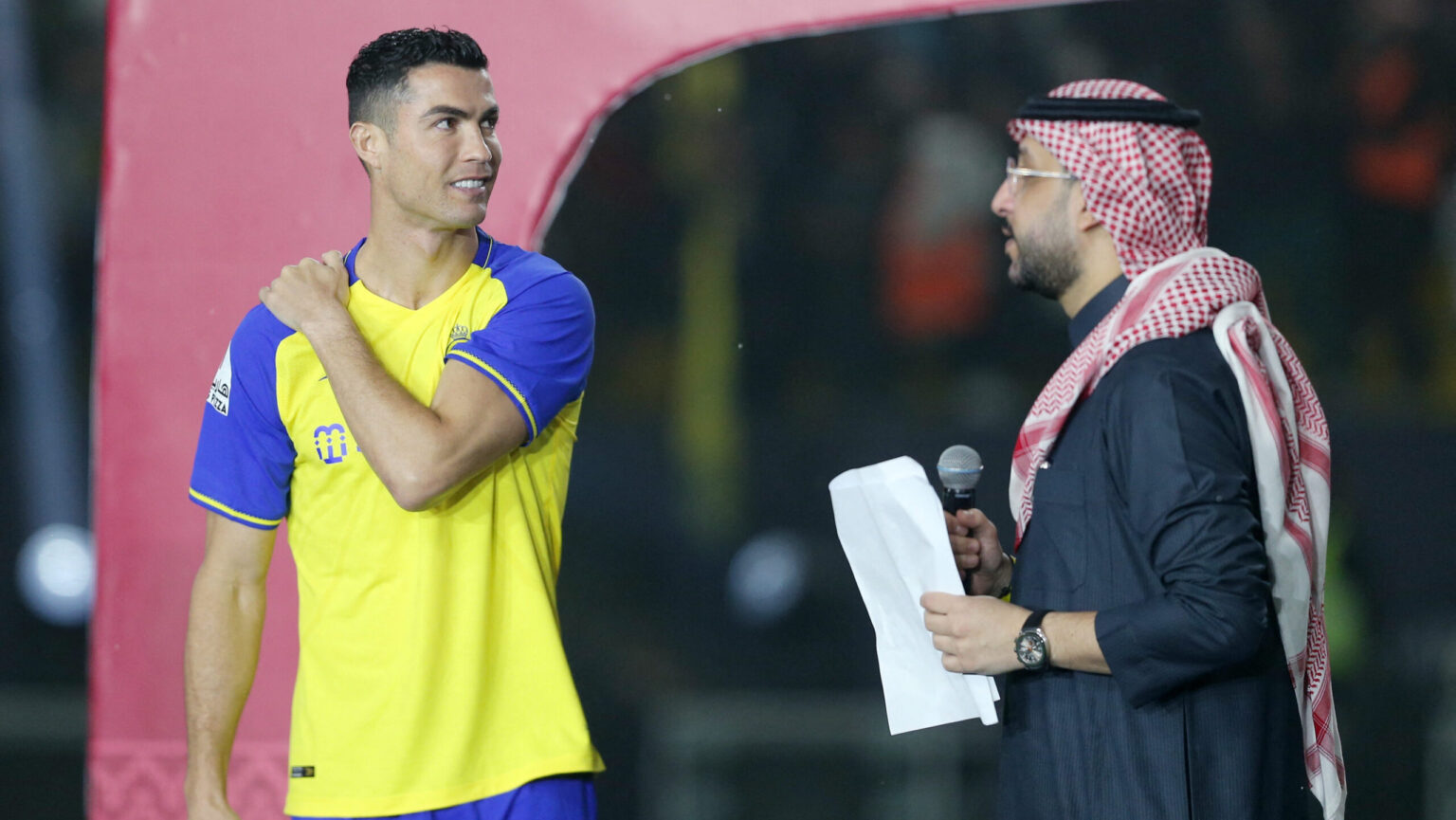Saudi Arabia’s Sports Ambitions: Polishing Image or Masking Abuses?
Over the past decade, Saudi Arabia has undergone a dramatic transformation, emerging as a key player in the global sports arena. Fueled by billions in state funding, the kingdom has gone from being a regional sports outlier to a nation regularly hosting, sponsoring, and investing in some of the most prestigious events in the world—from football and tennis to esports and golf.
These efforts are a central part of Vision 2030, the ambitious reform program championed by Crown Prince Mohammed bin Salman. The plan aims to diversify Saudi Arabia’s economy, reduce its dependence on oil revenues, and modernize the nation’s infrastructure, workforce, and public image. Sports have become one of the most visible and powerful tools in this rebranding.
But while Saudi Arabia’s new sports strategy draws praise for its boldness and investment, critics argue that the kingdom’s motivations are not purely athletic or economic. Human rights organizations and advocacy groups warn that these flashy investments are part of a “sportswashing” campaign—a deliberate strategy to divert attention from the country’s poor human rights record and reframe its international reputation.
Billions Poured Into Global Sports

Saudi Arabia’s presence in sports is now impossible to ignore. In tennis, the Women’s Tennis Association (WTA) signed a landmark deal in 2024 to bring its season-ending WTA Finals to Riyadh for the next three years. The move is historic—marking the first time elite women’s tennis will be played in the kingdom. While some applauded this as progress for gender representation in Saudi sports, others viewed it more cynically.
At the same time, the kingdom is positioning itself as a global esports leader. The Esports World Cup is set to return to Riyadh with a record-breaking $70 million prize pool, the largest in gaming history. Saudi Arabia is also building an entire gaming district as part of its Qiddiya mega project, underscoring its intention to become a dominant player in this fast-growing industry.
Beyond hosting events, Saudi Arabia’s Public Investment Fund (PIF)—worth an estimated $700 billion—has made aggressive moves into the ownership and management of major sports organizations. One of the most controversial has been its involvement in the proposed merger between LIV Golf and the PGA Tour, which sparked a U.S. Senate investigation. Lawmakers suggested the merger may have been motivated in part by a desire to avoid legal scrutiny in an ongoing antitrust lawsuit.
The Saudi Pro League, the country’s top-tier football competition, has also seen a massive influx of money, attracting world-class talent with jaw-dropping salaries. Stars like Cristiano Ronaldo, Karim Benzema, and Neymar Jr. have all signed lucrative contracts to play in Saudi Arabia—moves that have brought international attention but also raised ethical concerns.
Meanwhile, Saudi Arabia has set its sights on the 2034 FIFA World Cup, a bid that, if successful, would further boost its global standing and solidify its role as a major sports host.
Understanding Sportswashing: A Global PR Strategy
The term “sportswashing” refers to the use of sports as a tool to clean up or improve a nation’s reputation—especially when that reputation is tainted by ongoing human rights violations or authoritarian governance.
Human Rights Watch and Amnesty International have both accused Saudi Arabia of employing this tactic. Their concern is that by hosting prestigious events and aligning with major sports brands, the kingdom seeks to shift global attention away from its systemic issues: suppression of free speech, harsh punishment for dissent, lack of press freedom, and the imprisonment of activists.
One of the most glaring examples is the case of Manahel al-Otaibi, a fitness trainer and social media influencer who was sentenced to 11 years in prison for advocating women’s rights on her online platforms. Her arrest and harsh sentencing occurred shortly before the WTA Finals were scheduled in Riyadh, drawing attention to the stark contrast between Saudi Arabia’s public image campaign and the realities on the ground.
According to The Washington Centre for Strategic Studies, such contradictions raise serious ethical concerns. On one hand, Saudi Arabia promotes an image of progress and empowerment. On the other, it continues to detain and silence the very women whose rights it claims to be advancing.
A Divided World: Ethics vs. Opportunity
The global reaction to Saudi Arabia’s sports push is divided. Some governing bodies, federations, and athletes welcome the opportunities presented—new markets, new fans, and significant financial support. Hosting events in Saudi Arabia means access to world-class facilities and large audiences in a rapidly developing region.
But this comes at a price. Critics argue that such collaborations effectively normalize or ignore the kingdom’s human rights record. By participating in Saudi-funded events, they say, athletes and organizations risk being complicit in a broader effort to legitimize repression and sanitize a deeply flawed system.
In 2021, Saudi Arabia’s acquisition of Newcastle United Football Club through the PIF was met with outrage from many fans and human rights advocates. While the Premier League approved the takeover, questions remain about the influence of authoritarian regimes in popular culture and their ability to control narratives through sports.
The European Parliament has since raised red flags over similar deals, urging stricter rules to prevent state-backed entities from manipulating public perception via high-profile investments.
Is It Reform or Just Rebranding?
To Saudi Arabia’s credit, it has taken some steps toward reform. Women are now allowed to drive, attend sports matches, and travel without a male guardian. There is a growing presence of women in workplaces and government.
However, these reforms are often described as superficial or tightly controlled. Activists who pushed for these changes—many of them jailed—are rarely credited. Some, like Loujain al-Hathloul, were only released after international pressure, and remain under travel bans or surveillance.
This paradox—celebrating progress while punishing the reformers—raises the question: Is Saudi Arabia truly reforming, or is it merely rebranding its image to win global support and deflect criticism?
The Global Responsibility: Fans, Federations, and the Future
The future of Saudi Arabia’s sports diplomacy is still unfolding. Its financial power and strategic planning have undeniably made it a force in the international sports world. However, whether that influence will lead to meaningful reform or merely mask deeper problems remains to be seen.
For the global sports community—fans, athletes, brands, and institutions—the challenge is to engage critically. It’s no longer enough to show up and compete. Questions must be asked. Voices must be raised. Ethics and accountability must be part of the conversation.
Sports have the power to inspire, unite, and bring positive change. But that power can also be used to distract and mislead. As the world watches Saudi Arabia’s rise, one thing is clear: what happens off the field is just as important as what happens on it.
Do follow gulf magazine on Instagram
for more information click here



